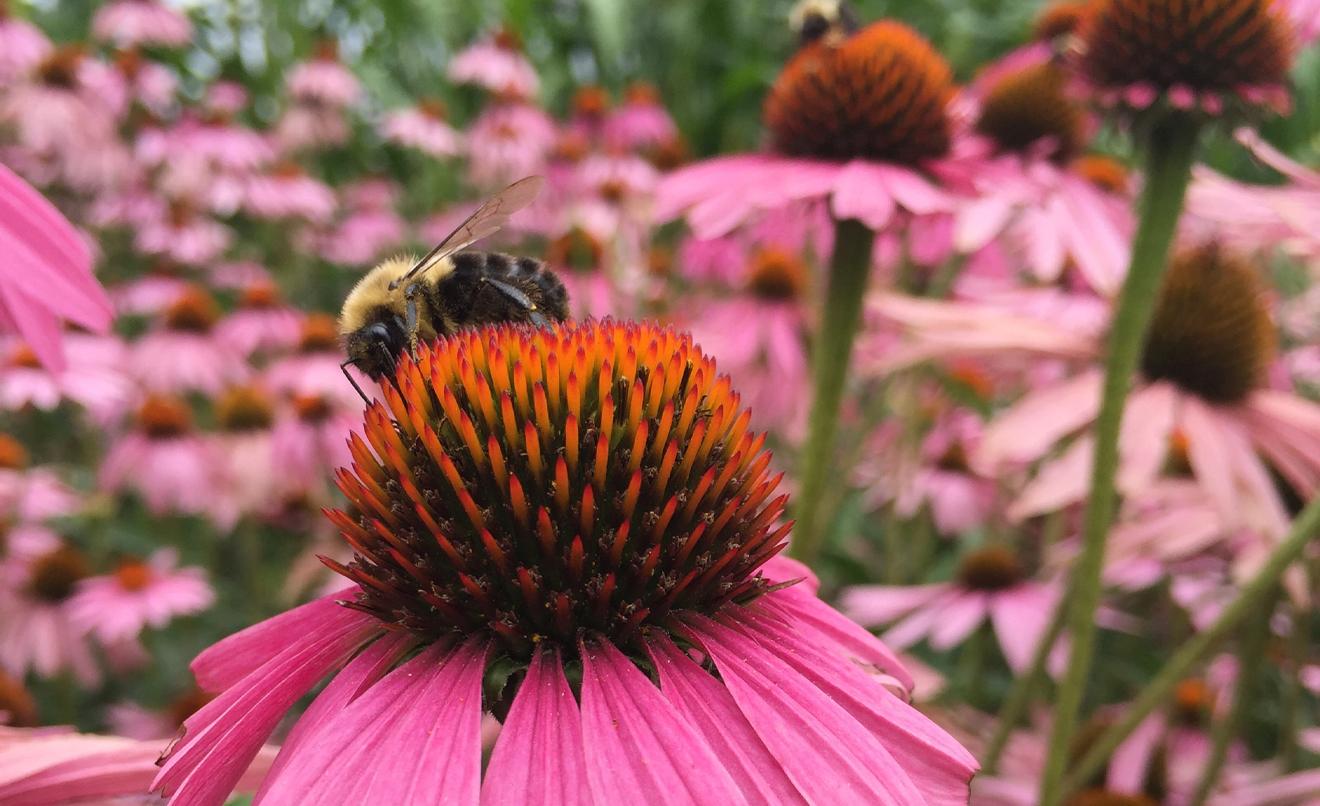
In 2018, the
UN General Assembly agreed that every 20th of May would
be the World Day of Bees. The main objective was to make governments and
society aware of the relevant role of bees in sustainable development and of
the main hazards that bees face.
Why do bees deserve a World Day?
According
to the information of Biodiversity Function, almost 35% of invertebrate pollinators
—mainly bees and butterflies— are endangered worldwide.
This decrease
in the number of bees entails an important risk for sustainability. We need to
consider that bees are responsible for pollination by transporting pollen from the
male to the female parts of plants. According to Greenpeace, 75% of the food we
consume depends on pollination.
Humans’
environment depends on bees’ surveillance.
Why are bees in danger?
Humans are responsible for bees being
endangered species. Human activities, such as earth usage changes, intensive
agricultural practices, pesticide usage, pollution, etc., are killing bees. In
addition, climate change endangers their habitat and thus their health and development.
What can we do to help them survive?
According
to scientists, organic farming is one of the main tools to promote the
maintenance of the world bee population. Organic farming does not
use pesticides, which are the main enemies of pollinators. Moreover, it
promotes biodiversity, the preservation of organic balance and the maintenance
of the ground and climate.
Normal
citizens can also contribute to bee surveillance, mainly through diet, for
instance, by prioritizing vegetables from organic farming near us.
What do bees offer us?
Bees offer
us several valuable products (wax, honey, royal jelly, etc.). They also provide
us with propolis, which has immunostimulant and antimicrobial properties. It is
a viscous substance produced by bees by blending the resins that cover
trees, bushes and plants near the hive and the secretions of their saliva
glands. Bees use propolis to build and protect their hives as it hardens the
cells and covers the cracks. This way, they keep it closed and aseptic; hence,
it is protected from bacteria and viruses.